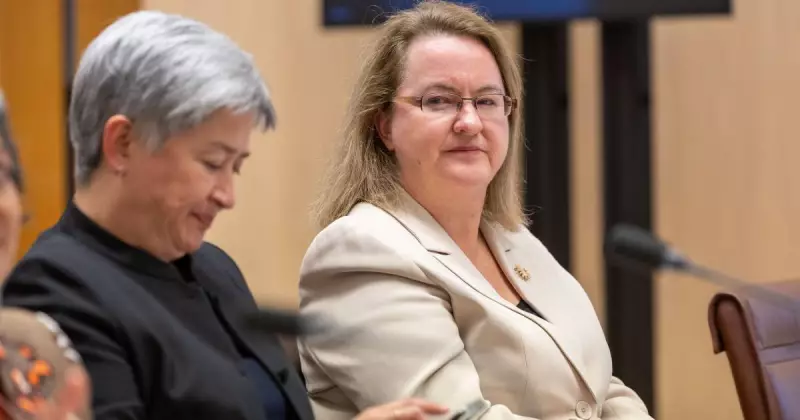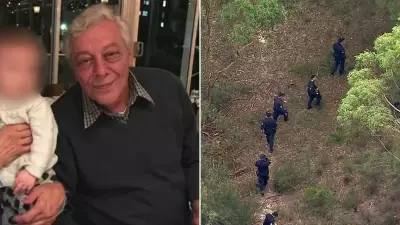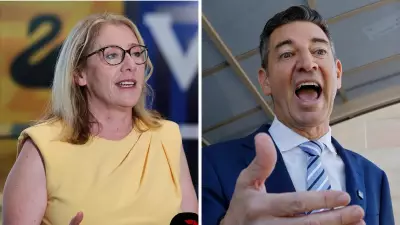
The Workplace Gender Equality Agency has officially commenced its search for a new chief executive following current leader Mary Wooldridge's announcement that she will not seek reappointment when her term concludes in 2026.
Leadership Transition Confirmed
In a statement released on LinkedIn, Ms Wooldridge revealed she had always planned to serve only a single five-year term as head of the national agency. The former Victorian Liberal MP was appointed to the position in 2021 and will complete her tenure after May next year.
"The time goes surprisingly quickly and there's still more to do, but I think we have achieved a lot," Ms Wooldridge stated. "I will keep fighting for fairness and equality, but now is the time to hand over the mantel at WGEA."
Expanding Mandate and Achievements
The agency's responsibilities grew substantially during Ms Wooldridge's leadership, particularly after the Albanese government introduced requirements for businesses with 100 or more employees to publicly disclose their gender pay gaps.
Ms Wooldridge highlighted how legislative reforms had enhanced WGEA's capacity to drive meaningful change. "WGEA is a very small agency with an expanding remit and as we implement significant reform, I'm proud of the impact the agency is achieving for Australian workers," she told The Canberra Times.
She specifically pointed to expanding evidence about effective gender equality measures and using that knowledge to help employers improve workplace conditions.
Staff Census Reveals Mixed Results
The incoming chief executive will inherit an organisation that has demonstrated both strengths and challenges in recent staff feedback. The agency's latest staff census showed notable improvements in several areas, including reduced bullying rates and more positive perceptions of immediate supervisors.
WGEA outperformed both the broader Australian Public Service and similar-sized agencies in wellbeing measures, with 81 percent of staff acknowledging the agency's effective promotion of health and wellbeing.
"With our staff vital for success and carrying a demanding workload, we have focused on enabling well-functioning teams, with effective managers and clear support for employee wellbeing," Ms Wooldridge explained.
However, the census also identified several areas requiring attention. Only 64 percent of employees would recommend WGEA as a good workplace, representing a 5 percentage point decline from 2024 and sitting well below the APS average.
The survey, which attracted participation from over 90 percent of WGEA's 46 staff members, revealed significant disparities in how employees view different levels of management. While immediate supervisors received an 81 percent positive rating, senior executive service managers scored only 68 percent.
Communication and change management emerged as particular concerns, with only 48 percent of staff describing internal communication as effective (down 10 points from 2024) and just 36 percent feeling adequately consulted about workplace changes (down 12 points).
Path Forward for the Agency
In response to the census findings, WGEA has committed to continuing investment in leadership training and utilising APS resources to strengthen what it describes as "speak up culture." The agency also plans to address concerns about resources, after only 38 percent of staff positively responded to the statement about having adequate tools to perform well.
Ms Wooldridge acknowledged that work remains in improving communication and change management practices within the organisation. The recruitment process for her successor is now underway, with the new chief executive expected to take the helm after May 2026.
The leadership transition comes at a critical time for gender equality in Australian workplaces, with WGEA playing an increasingly prominent role in monitoring and reporting on pay gap transparency across the nation.






